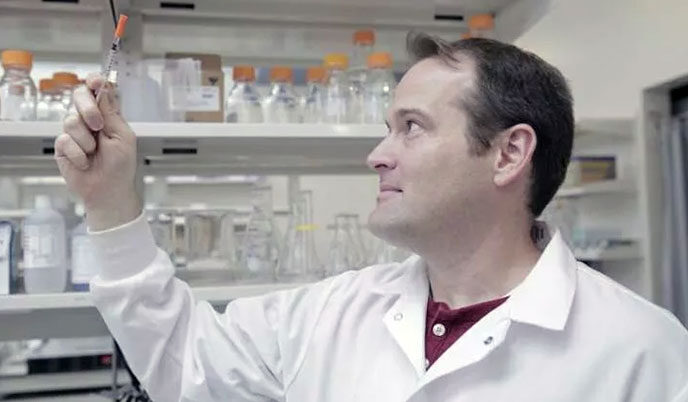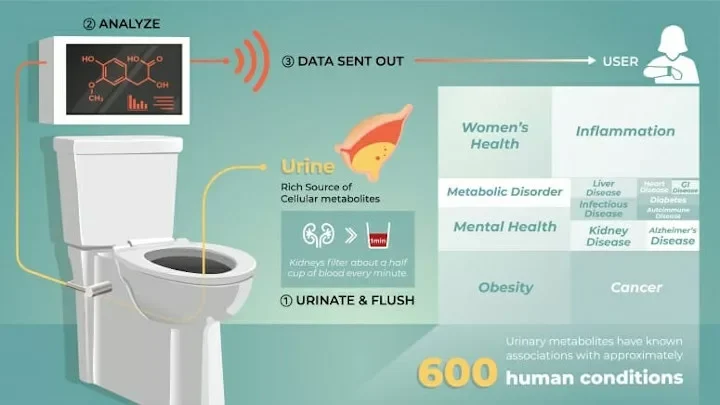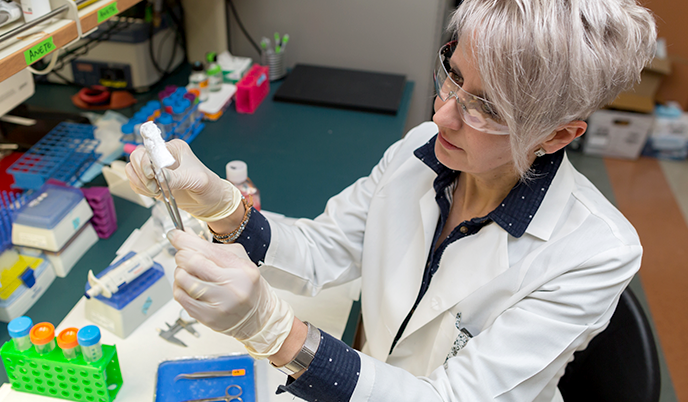
UW–Madison inventors aim to replace old-style breast-surgery marker
Three University of Wisconsin–Madison innovators have invented a better way for surgeons to locate tumors during lumpectomies for breast cancer.

Low genetic risk for ADHD may protect against negative life experiences
A recent study shows that people at low genetic risk for attention deficit hyperactivity disorder (ADHD) are not only less likely to have the disorder, they also have better than expected economic, health and behavioral outcomes in later life.

New tool predicts three-dimensional organization of human chromosomes
University of Wisconsin–Madison researchers have developed a computational tool that can accurately predict the three-dimensional interactions between regions of human chromosomes.

Delirium linked to brain injury after severe surgery
Researchers at the UW School of Medicine and Public Health discovered that delirium following severe surgery may be associated with brain injury.

UW study finds cyberbullying media coverage overuses emotional, fear-based language
Newspaper articles about cyberbullying use more emotional language and fear-based reporting than articles about off-line bullying.

Injectable, flexible electrode could replace rigid nerve-stimulating implants
By electrically stimulating nerves, neuromodulation therapies can reduce epileptic seizures, soothe chronic pain, and treat depression and a host of other health conditions without the use of conventional drugs like opioids.

Can ‘smart toilets’ be the next health data wellspring?
Wearable, smart technologies are transforming the ability to monitor and improve health, but a decidedly low-tech commodity — the humble toilet — may have potential to outperform them all.

Survey of the Health of Wisconsin team presents at international conference
From Aug. 25-28, SHOW team members Kristen Malecki, PhD, MPH; Amy Schultz, MS, and Alex Spicer attended the International Society for Environmental Epidemiology (ISEE) Conference in Utrecht, Netherlands.

Carbone Cancer Center oncologist identifies unconscious gender bias
When speaking at the world’s largest international oncology conference, female speakers were addressed less often by their professional title compared to male speakers, and were more likely to be introduced by their first name only.

UW researchers use stem cells to develop vocal folds in a dish
Researchers at University of Wisconsin School of Medicine and Public Health have created an in vitro 3-D model of human vocal fold tissue (called mucosa) that could improve our understanding and treatment of disorders affecting the human voice.

Biostatistics and medical informatics tapped for $11.8 million national coordinating center
A University of Wisconsin-Madison professor and his team have been chosen to lead the nation’s coordinating center for the National Cancer Institute (NCI) Cancer Prevention Clinical Trials Network (CP-CTNet).

Cancer research conference focuses on targeted radionuclide therapy
University of Wisconsin-Madison is hosting a national conference on targeted radionuclide therapy (TRT), a promising new technology that combines cytotoxic radioisotopes with molecularly targeted agents to produce an anti-cancer therapy capable of treating local or systemic disease.